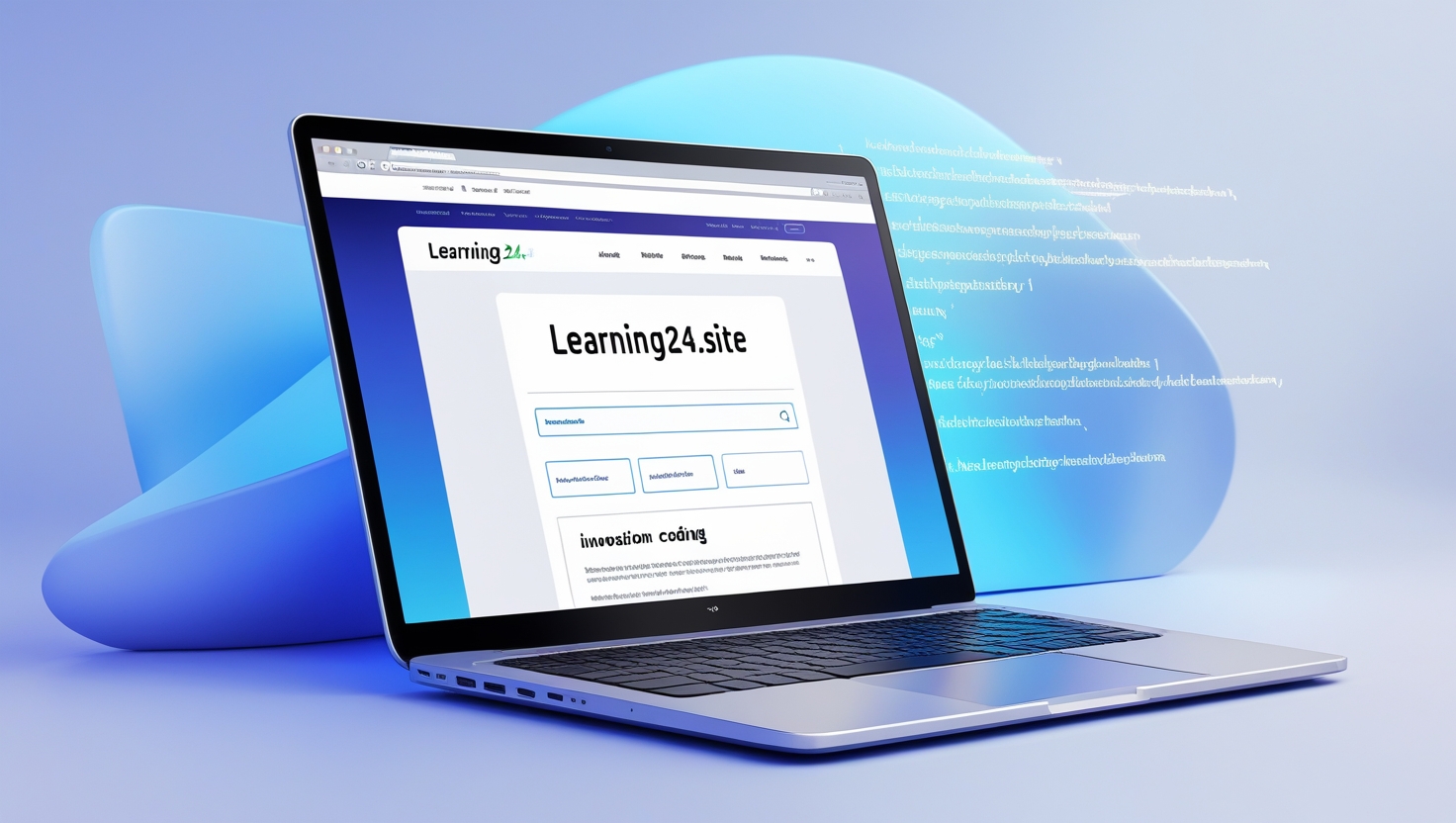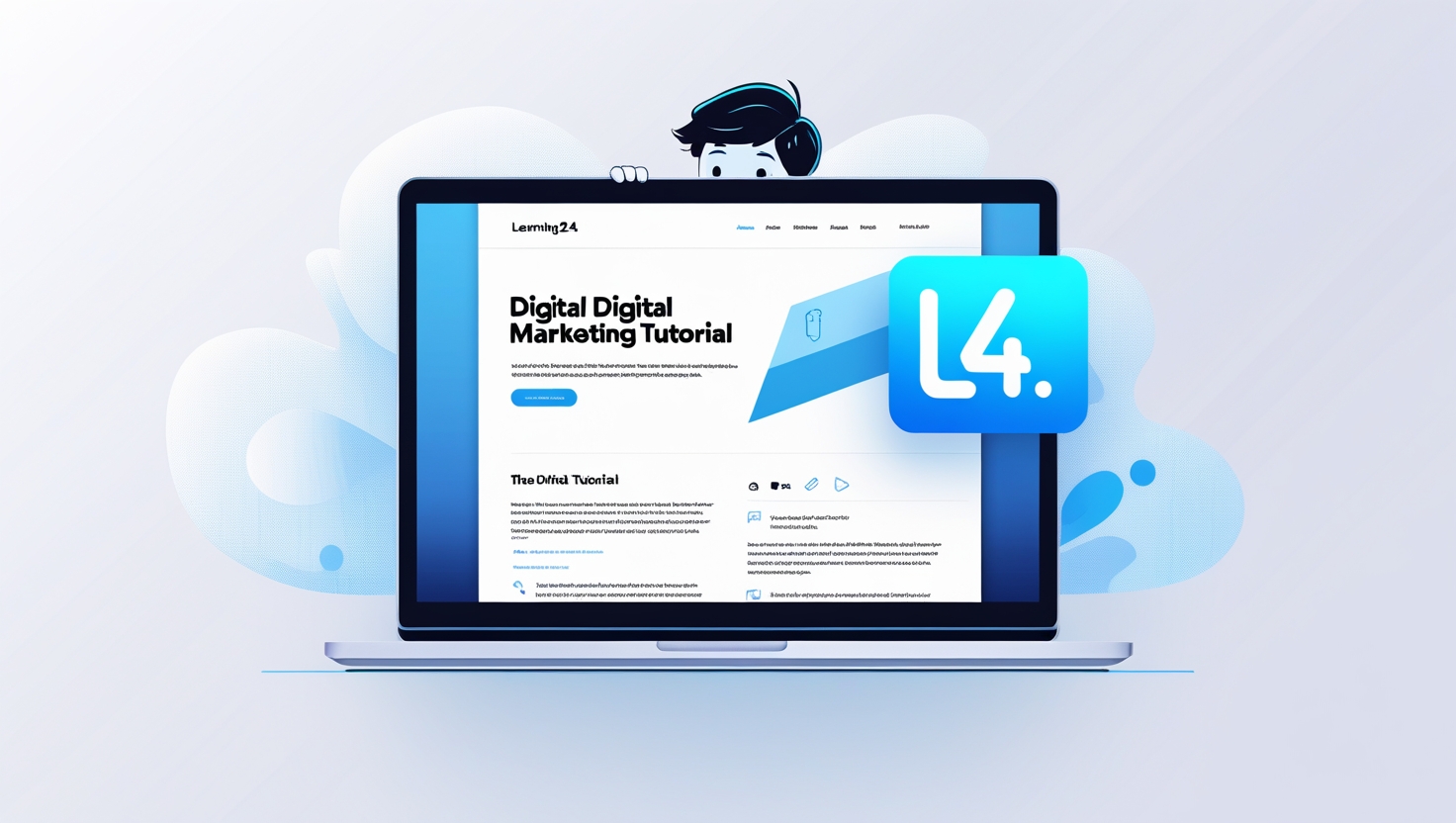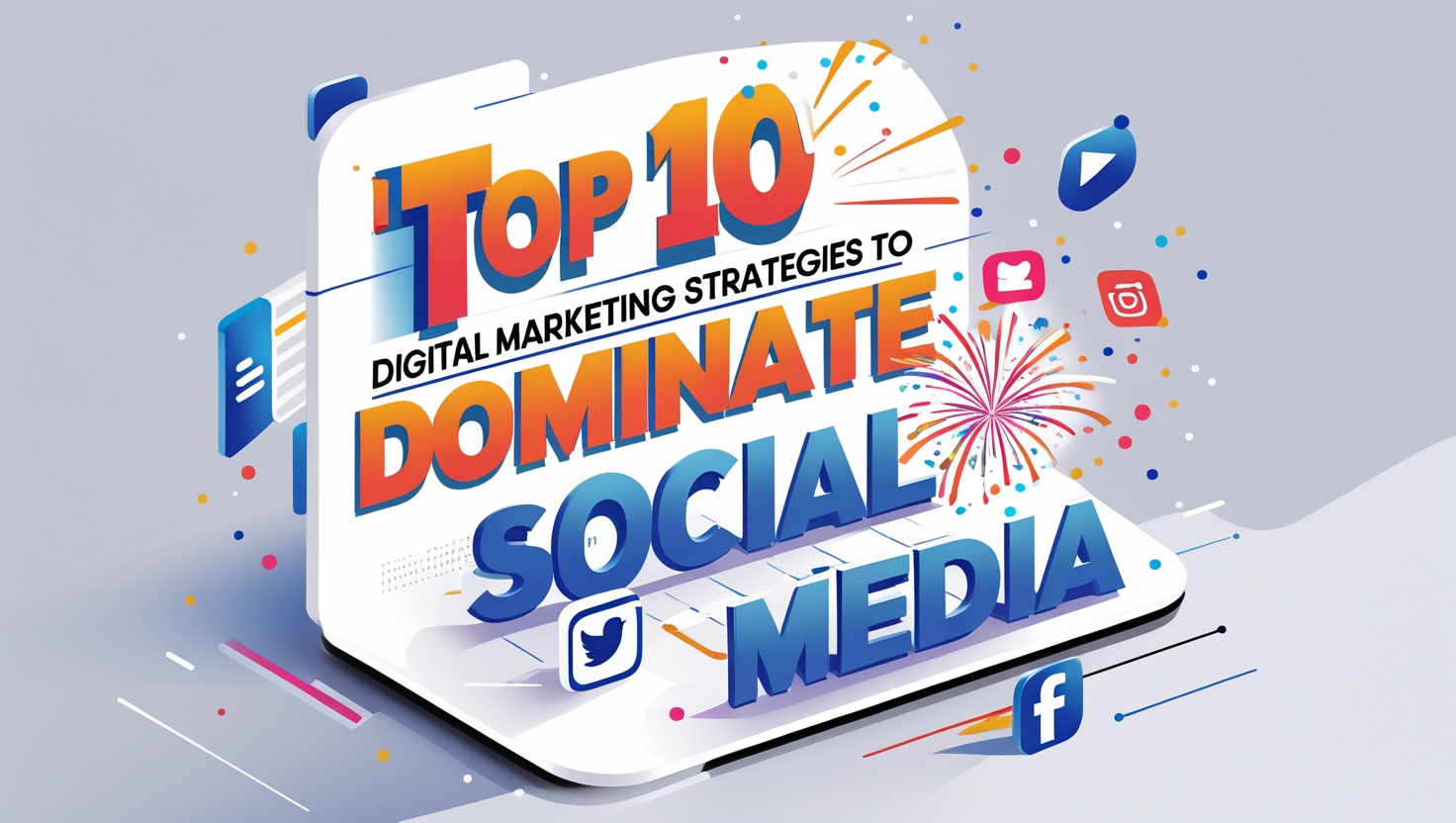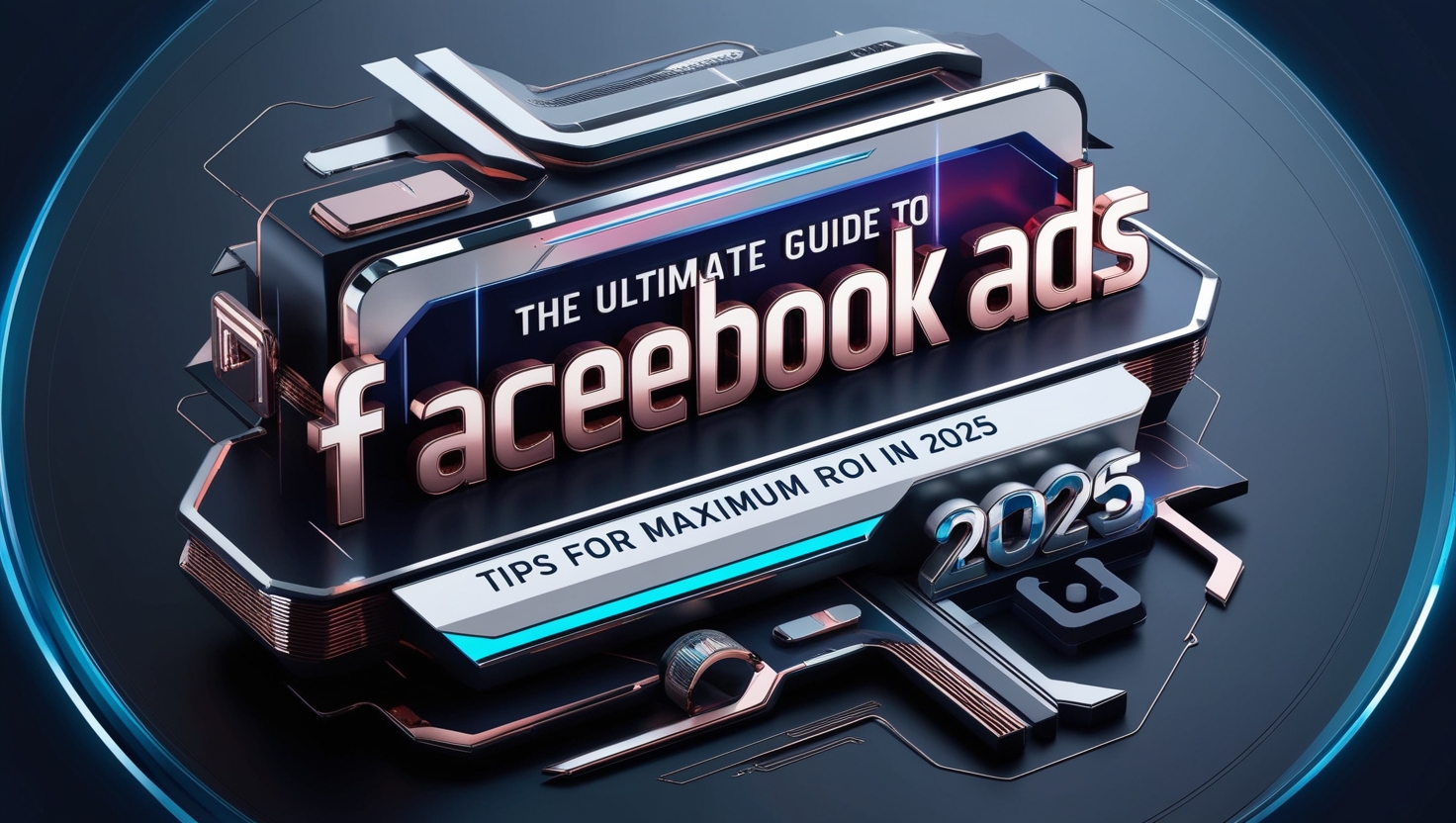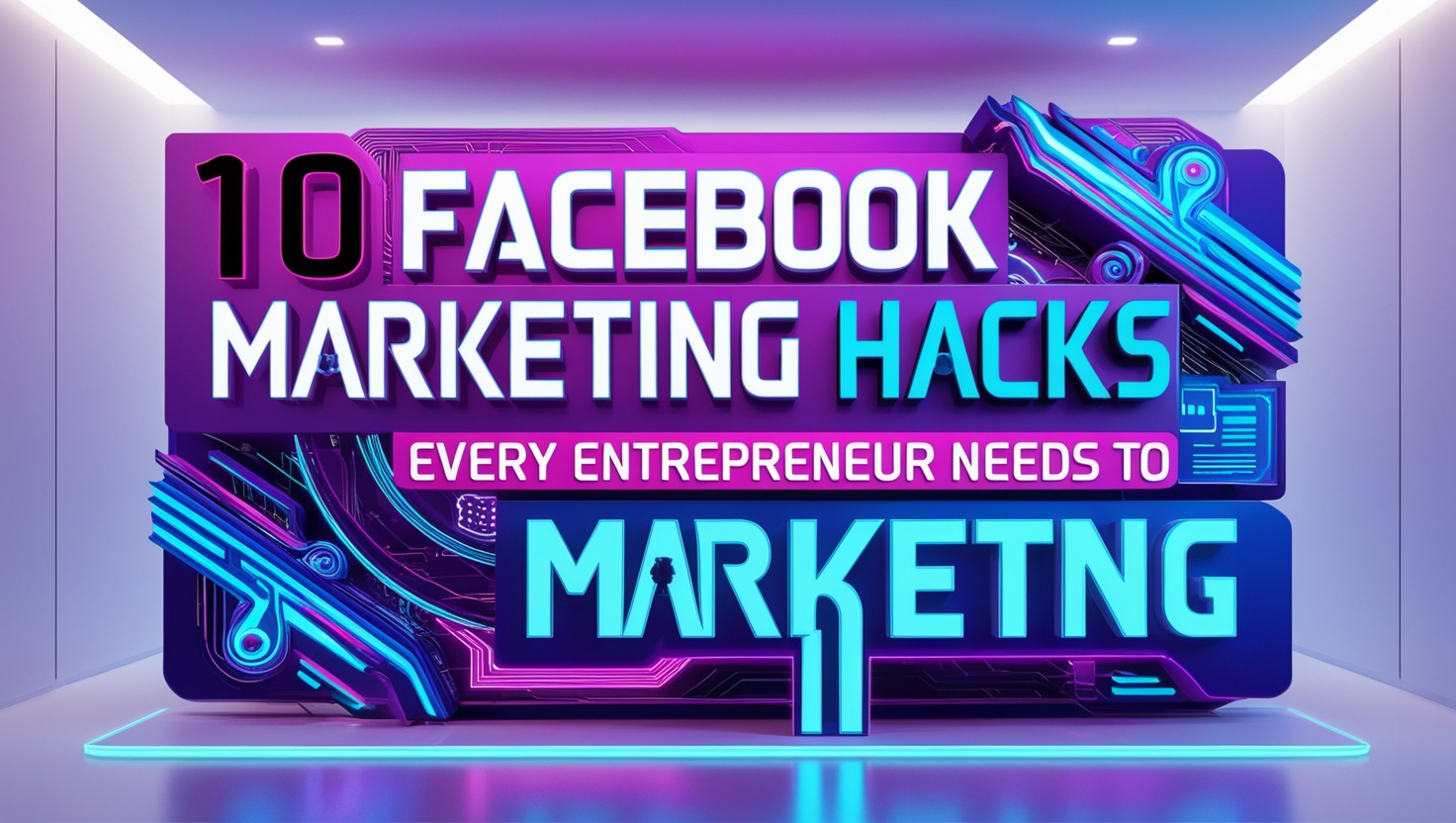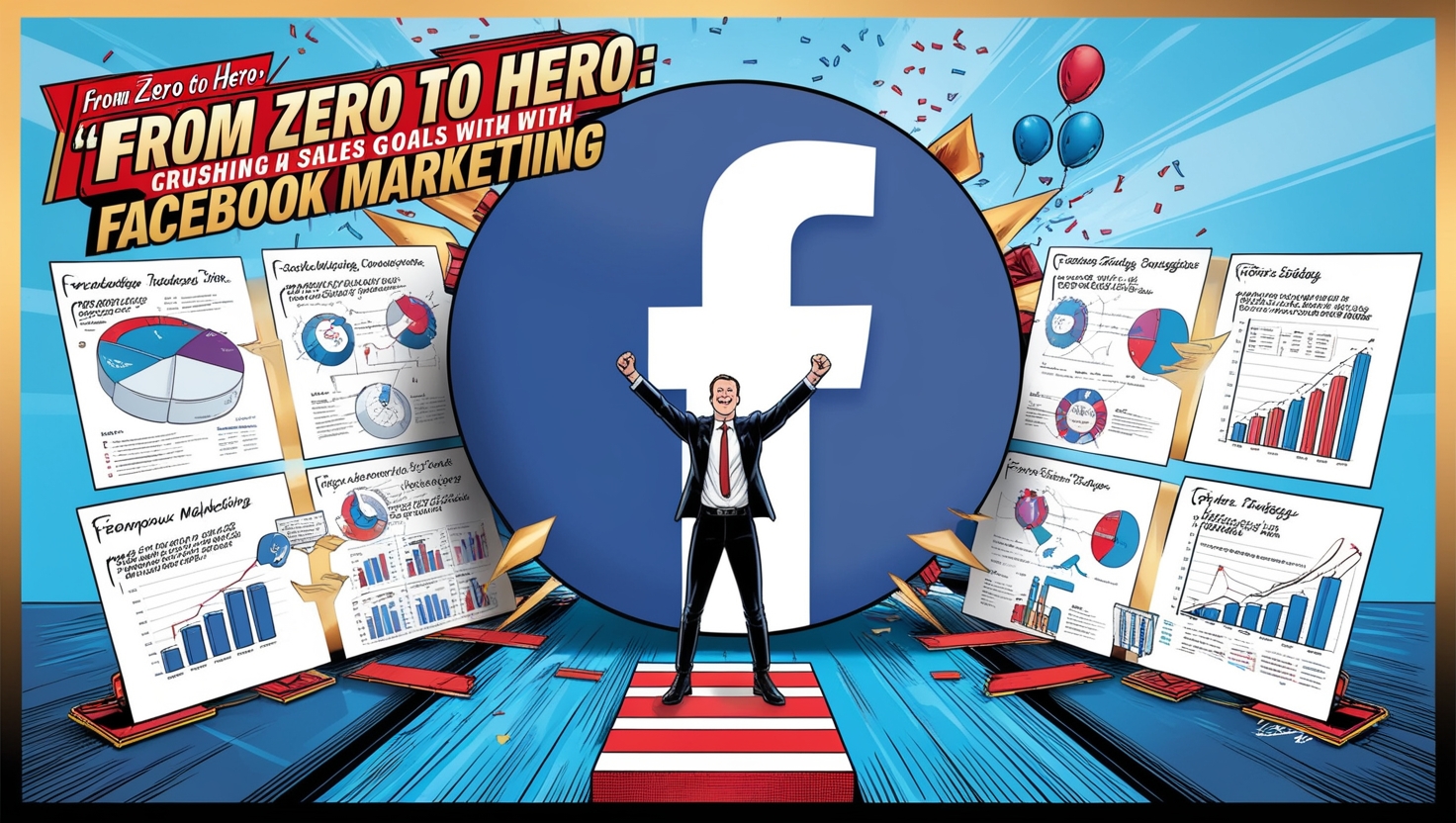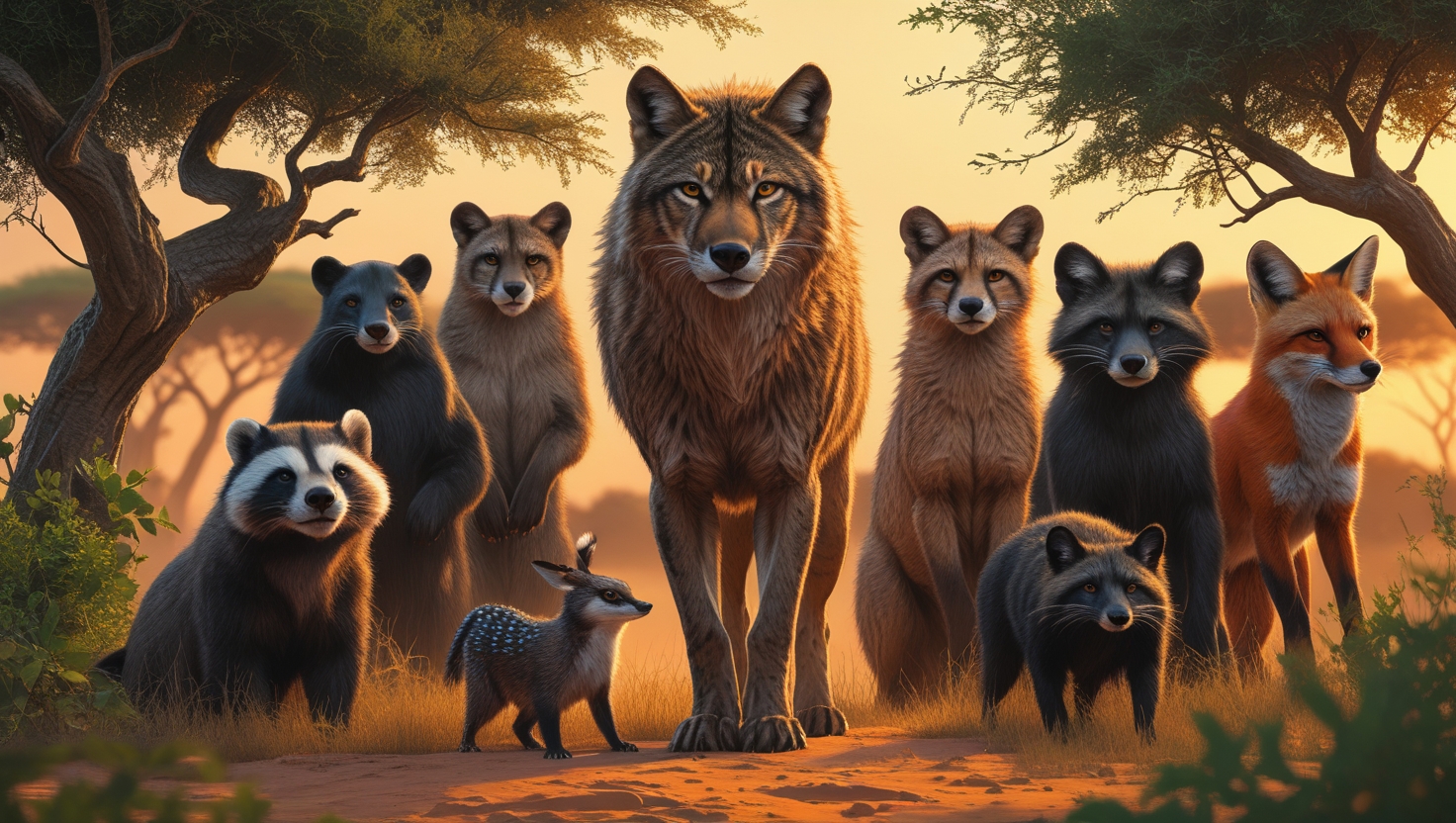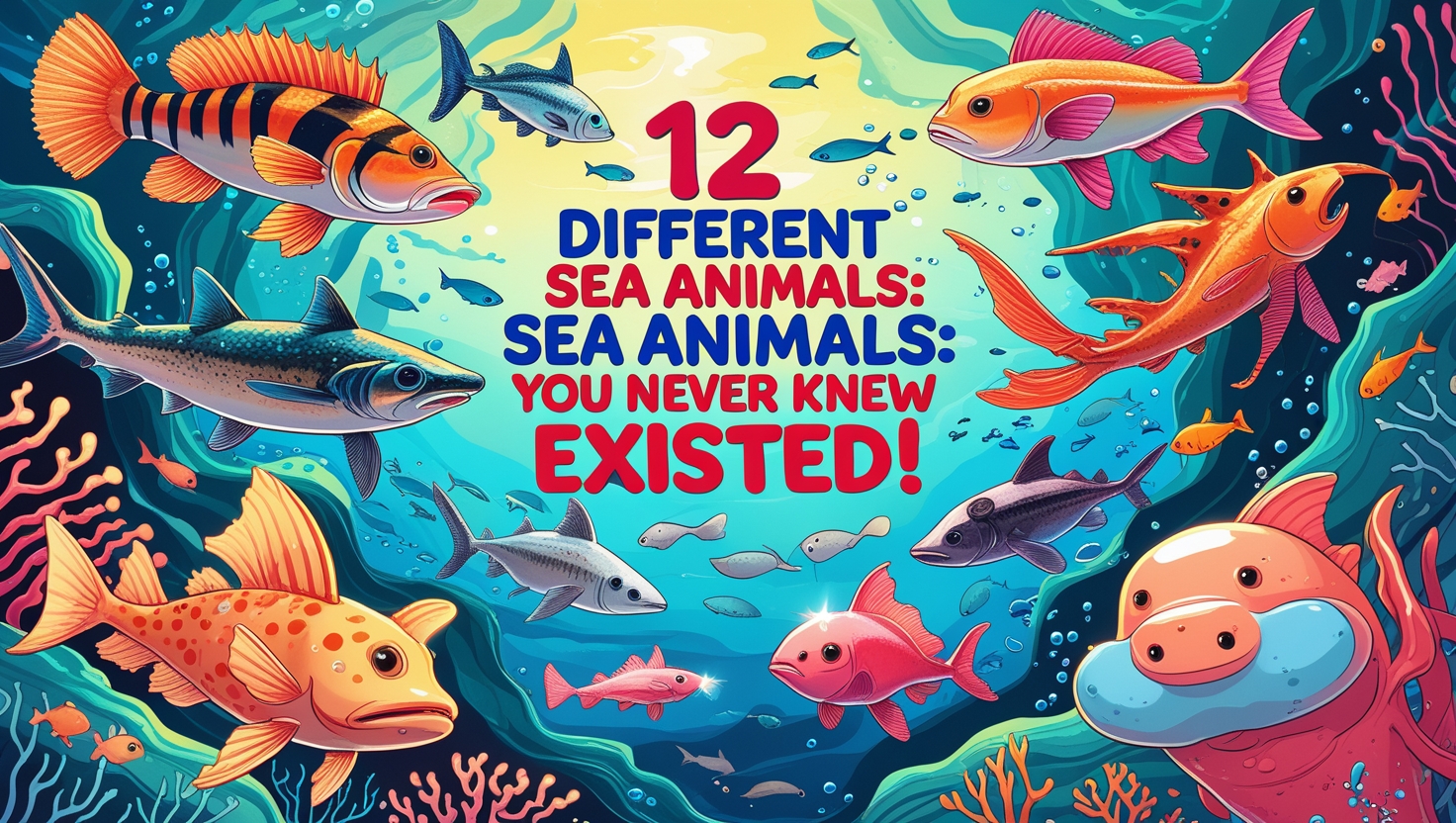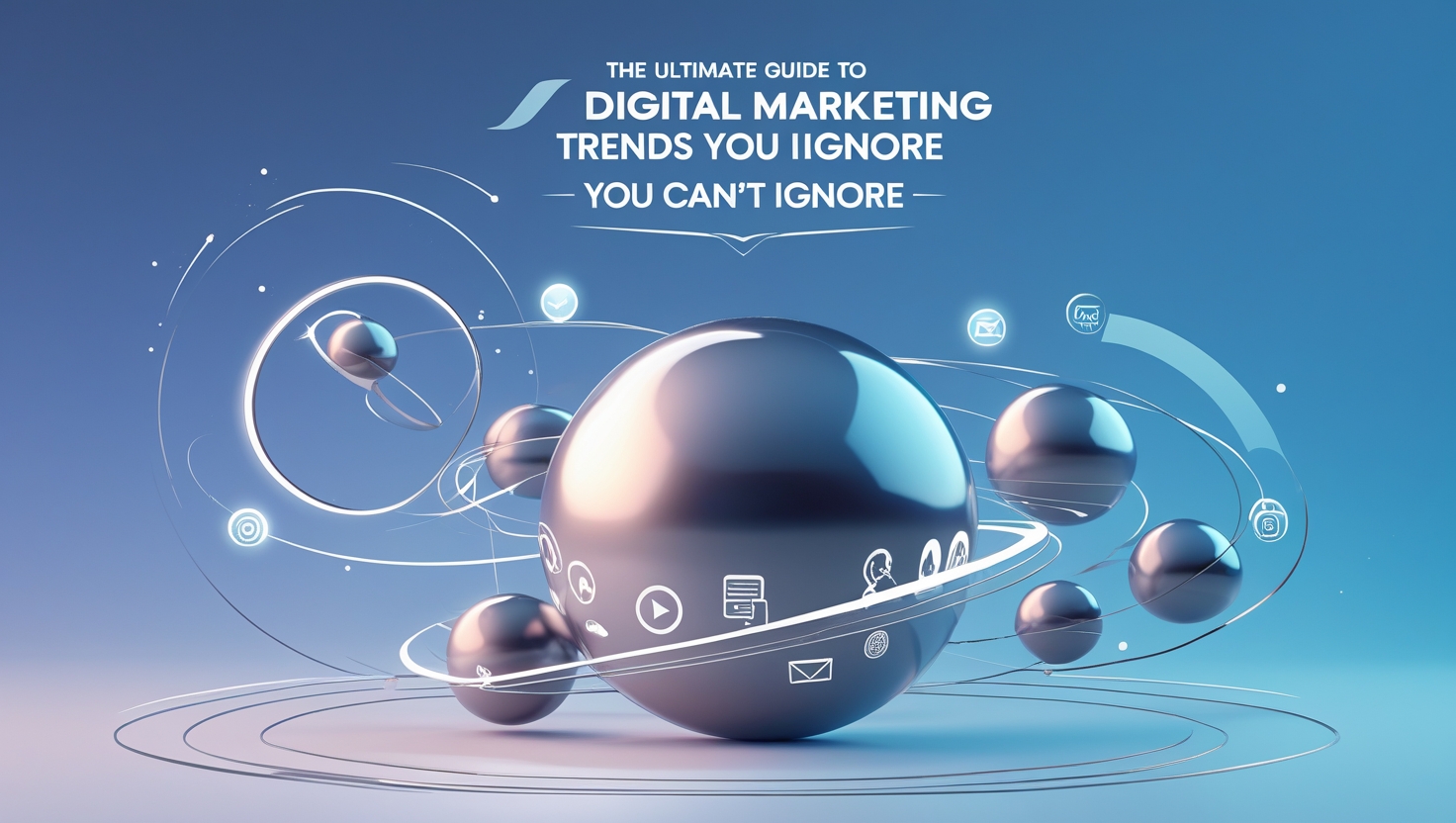
The Ultimate Guide to Digital Marketing Trends You Can’t Ignore
In today’s fast-paced digital landscape, businesses must stay ahead of the curve to maintain a competitive edge. Digital marketing continues to evolve rapidly, offering new tools, platforms, and strategies that redefine how brands connect with their audiences. Whether you’re a seasoned marketer or just starting, understanding the latest digital marketing trends is crucial to crafting effective campaigns that resonate with consumers and drive measurable results.
This comprehensive guide explores key trends shaping the future of digital marketing and how your business can leverage them to succeed.
1. The Rise of Artificial Intelligence (AI) in Digital Marketing
Artificial Intelligence has become a cornerstone of modern digital marketing. From automating routine tasks to delivering personalized customer experiences, AI tools are transforming the way marketers approach their work.
Applications of AI in Digital Marketing:
Chatbots: AI-driven chatbots enhance customer support by providing instant responses and resolving common queries 24/7. Platforms like ChatGPT are increasingly integrated into websites and social media channels.
Predictive Analytics: AI tools analyze customer data to predict future behaviors, enabling marketers to craft tailored campaigns.
Content Generation: AI can assist in creating optimized content, helping marketers save time and maintain consistency.
Statistic: According to a report by PwC, 72% of business leaders consider AI a “competitive advantage.”
2. Voice Search Optimization
With the growing popularity of smart speakers like Amazon Echo and Google Nest, voice search is reshaping SEO strategies. Users are now asking conversational, long-tail questions rather than typing short keywords. This shift requires businesses to optimize their content for voice search.
How to Optimize for Voice Search:
Use natural language and conversational tones in content.
Focus on long-tail keywords.
Ensure local SEO is robust, as many voice searches are location-based.
Example: Instead of “pizza delivery,” optimize for “Where can I find the best pizza delivery near me?”
3. The Dominance of Video Marketing
Video content continues to dominate digital marketing. Platforms like YouTube, TikTok, and Instagram Reels have redefined how brands engage with their audiences.
Why Video Marketing Matters:
Video content is highly engaging and shareable.
It improves conversion rates and builds brand trust.
Live streaming offers real-time interaction with audiences.
*Statistic: By 2023, online videos are expected to account for 82% of all internet traffic (Cisco).
Tips for Effective Video Marketing:
Invest in high-quality production to stand out.
Leverage storytelling to evoke emotional connections.
Optimize videos for mobile viewing, as the majority of users consume video content on smartphones.
4. Personalization is Non-Negotiable
Modern consumers expect personalized experiences tailored to their preferences and behaviors. Generic, one-size-fits-all marketing no longer suffices.
Strategies for Personalization:
Use data analytics to understand customer preferences.
Implement dynamic email campaigns that adapt to user interactions.
Customize website experiences using AI-driven tools.
Statistic: Epsilon research shows that 80% of consumers are more likely to purchase from a brand that offers personalized experiences.
5. Social Commerce on the Rise
Social media platforms are no longer just for engagement; they’re becoming powerful e-commerce hubs. Features like Instagram Shopping, Facebook Marketplace, and TikTok Shop allow users to purchase products directly within the platform.
Benefits of Social Commerce:
Streamlines the buyer’s journey by reducing friction.
Increases conversions by integrating shopping into platforms users already trust.
Boosts visibility for small businesses.
Example: A clothing brand using Instagram’s product tagging feature can drive sales directly from their posts.
6. Sustainability and Ethical Marketing
Consumers are increasingly drawn to brands that prioritize sustainability and ethical practices. Digital marketing campaigns emphasizing these values can foster deeper connections with audiences.
How to Incorporate Sustainability:
Highlight eco-friendly practices in marketing materials.
Partner with organizations supporting sustainability.
Be transparent about sourcing and production processes.
Statistic: Nielsen reports that 73% of global consumers are willing to change their consumption habits to reduce environmental impact.
7. The Emergence of Interactive Content
Interactive content—such as quizzes, polls, and augmented reality (AR) experiences—is becoming a staple in digital marketing. It boosts engagement and provides valuable data for marketers.
Examples of Interactive Content:
Virtual try-ons for fashion and beauty products.
Polls and surveys on social media.
Gamified experiences that reward user participation.
Example: Sephora’s virtual try-on feature allows users to see how makeup products look on their faces before purchasing.
Conclusion
Digital marketing is in a constant state of evolution, driven by technological advancements and changing consumer behaviors. Staying informed about emerging trends—from AI integration and voice search optimization to personalized experiences and sustainability—is essential for marketers aiming to thrive in this dynamic environment.
By adopting these strategies, businesses can not only enhance their digital presence but also build lasting relationships with their audiences. As the digital marketing landscape continues to evolve, the key to success lies in staying agile and innovative.
Stay ahead of the curve by exploring these trends further and integrating them into your digital marketing strategy. The future of marketing is here—embrace it.

